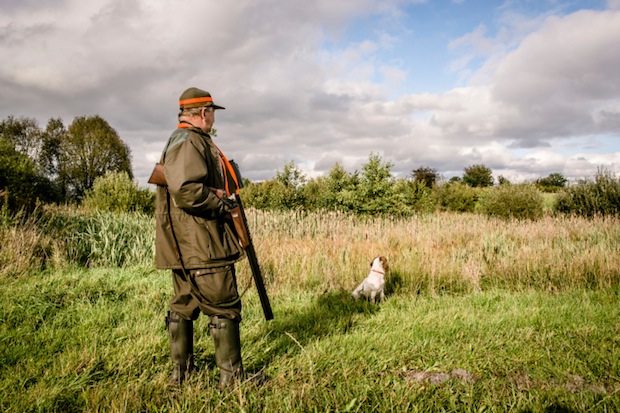If I haven’t mentioned my poultry for a while, it’s because the subject has been too depressing. I had been very fond of my ducks and chickens until the constant attacks on them by foxes began to harden my heart. I had protected them in every way I could, short of keeping them cooped up all the time; but as a fox kept on killing them all the same, I almost stopped caring. Acceptance of their seemingly inevitable fate brought with it a loss of interest. If they were going to die, I must learn to be indifferent.
For a while, I felt callous only about the ducks, six out of my flock of 14 ducks had been killed, but only one of my nine chickens had gone. I took this to be because the chickens lived much nearer to my house than the ducks, so that a fox would always encounter ducks first on its visits to my garden to find food for its cubs. I thought that the fox might be satisfied after taking a duck or two and conclude that it wasn’t worth the risk of going after the chickens as well. But it turned out that I was wrong; for soon five chickens had also gone, leaving only four behind.
It was at this point that I did what I had resolved never to do. I shut the four chickens in their coop and didn’t let them out. Until then, they had strutted all day around the garden, pecking with great concentration at invisible sources of food, and been put into their coop only in the evening for the night. Thereafter the garden seemed dull and lifeless during the day, and I felt so guilty about depriving the chickens of their liberty that I would visit them only very rarely in order to chuck some corn at them.
Meanwhile, the farmer Geoffrey Smart, a keen marksman who goes abroad every year to take part in international shooting competitions, positioned himself most evenings on the edge of a field, rifle at the ready, hoping to kill a fox as it emerged in the dusk from its lair. My house in Northamptonshire is in the country of the Grafton hunt, but the hunt never comes near us because we are hemmed in by roads. So all our hopes and prayers were placed in Mr Smart. For a week or two he never saw a fox, but then he did — and missed. It had been a great distance away from him, but he was crestfallen. ‘I hate missing,’ he said.
More days passed, with the chickens still squawking protests at their imprisonment, when Mr Smart came up to the house with a smile on his face. ‘I shot a cub,’ he said. ‘Do you think I can let the chickens out?’ I asked. ‘No, not yet I wouldn’t,’ he replied. But then, a few days later, he came to the house again. This time the smile was even broader. ‘I shot another cub,’ he said. Then, after a pause, he added: ‘I think that now it might be all right to let the chickens out.’ I wondered if that really was a good idea, since no adult fox, only a couple of cubs, had been killed. But then I realised that it had been weeks already since any duck had died — there were still the same eight of them on the pond — and this suggested that no fox was still on the prowl. So I thought I’d take the risk and let the chickens out.
I did this, and like the prisoners released from their dungeons at the end of Fidelio, they came blinking into the sunlight and looked warily around before realising that they were free. And then they were off on their traditional perambulation of the garden, pecking away pointlessly as usual. Now I’m feeling more cheerful again. Normal life has resumed. Terrorism has been thwarted. There is hope for the future. I might even go out and buy some more chickens. On the other hand, I think I will wait a bit before I do that. In this unstable world, there could be another outbreak of terror, another massacre, just when it’s least expected.






Comments